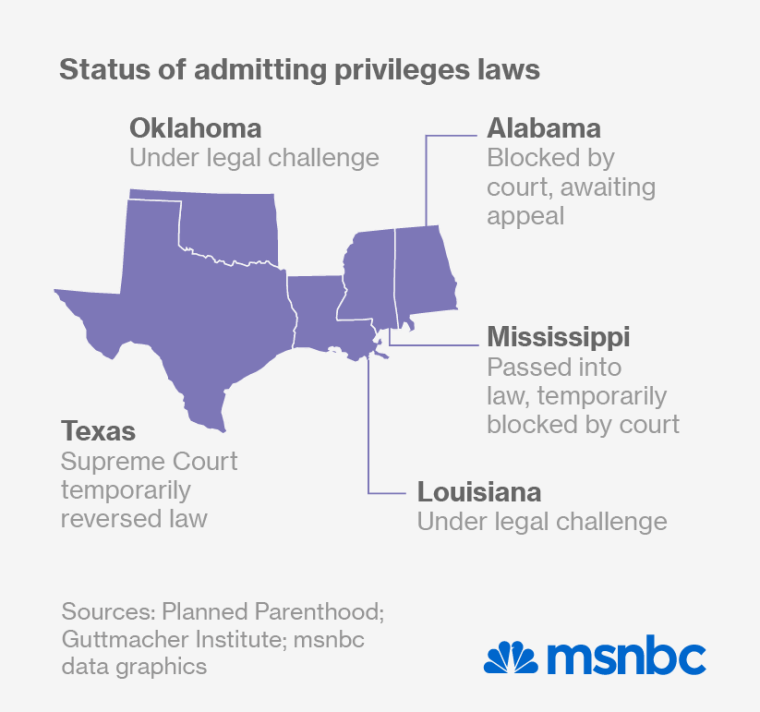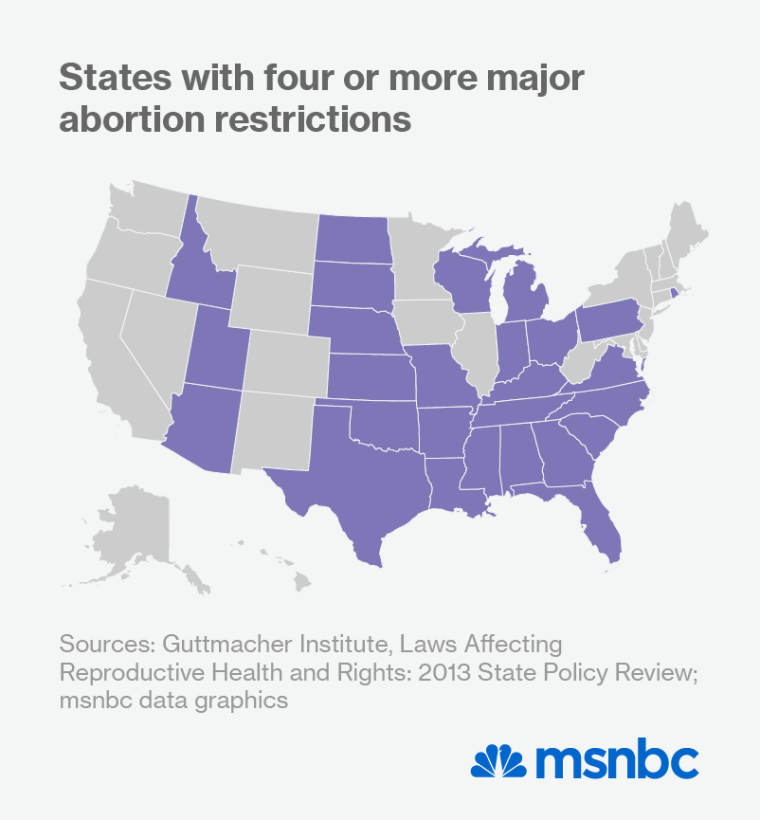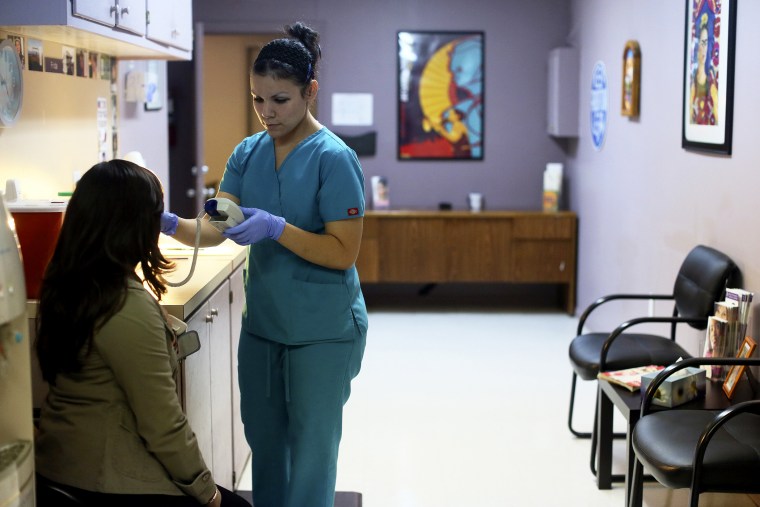On Oct. 2, the U.S. Court of Appeals for the Fifth Circuit allowed a dangerous Texas law to go into effect with devastating and immediate consequences for women’s health across the state. This is a law that was opposed by medical experts, including the American Congress of Obstetricians and Gynecologists.
As a result, more than a dozen health centers were forced to stop providing abortions overnight. Planned Parenthood continues to provide safe, legal abortions in Austin, Dallas, Fort Worth, Houston and San Antonio and to do everything in our power to help the women who turn to Planned Parenthood for care. Doris Dixon is a call center director for Planned Parenthood in Houston and shares what she has witnessed in the aftermath of the court’s deeply disappointing order. Late yesterday, the U.S. Supreme Court ruled to protect access to safe, legal abortion in Texas by vacating the stay entered by the Fifth Circuit, which allows health centers previously shuttered to reopen their doors and offer abortion services while the case proceeds.
After the Fifth Circuit issued the stay on October 2, allowing Texas to begin enforcing tough new abortion restrictions, we were heartbroken. And we knew the next day was going to be bad. I only had twelve staff members scheduled to take calls on Friday, so I started calling people to ask them to be here early on Friday. Everyone said, “Yes.” No complaints. They knew we needed to be here for our patients.
"As soon as the phone lines were open, we were flooded with calls from women who were scared, desperate, and didn’t understand why this had happened."'
As soon as the phone lines were open, we were flooded with calls from women who were scared, desperate, and didn’t understand why this had happened. Some had received calls on Thursday night from other providers who’d been forced to cancel appointments, while others showed up for appointments on Friday to find out the upsetting news. And they were told to call Planned Parenthood. Many were surprised we answered the phone. They thought we were closed.
We received 572 calls from women that day—more than six times the calls we usually receive on a Friday. We had to explain there was a terrible ruling from the court and there were now only eight abortion providers in all of Texas—only two of them in Houston.
It was hard to hear so many desperate stories. I cried a lot. And I also got really angry. I could not—and still can’t—believe that this is happening. How is it possible for some politicians in Austin to pass a law that will hurt women so much, when they have no idea what these women are going through?
The most tragic situation I dealt with that day was a woman who had driven from out-of-state to Houston for an appointment with another provider. She’d had the first visit required by Texas law with the mandatory ultrasound on Thursday and spent the night at a hotel, only to find out that the physician couldn’t perform her procedure on Friday due to the ruling.

She was frantic when I spoke to her. She had left her young children back home with a friend. She needed to get home. I told her that we would do everything we could to help her, including providing some financial assistance for her travel and lodging. In the end, she said she could not leave her children another night. Our staff tried their best to work with her to figure out arrangements she could make back home—so she could get the medical care she planned and needed. She was sobbing and she got up and left.
I don’t know what will happen to her. I don’t know that I will ever stop thinking about her. And she is just one woman whose life has been turned upside down by this law. What keeps me up at night is thinking about all the women we don’t hear from at all—women who can’t take time off work, find child care, and drive more than 300 miles for a procedure, given how big Texas is and how few providers are left.
I’m grateful that the Supreme Court ruled to protect Texas women’s access to abortion for now and hope the courts will ultimately overturn this dangerous law. My heart breaks to think of this woman’s story being repeated in Oklahoma, Louisiana, Mississippi, and Alabama, where politicians have passed similar laws. If you take out a map, you can imagine how devastating that would be for women across the south. I’m sharing this story so that people everywhere will know what is happening to women and families in Texas and could happen across the country.
Doris Dixon is a call center director for Planned Parenthood in Houston.

